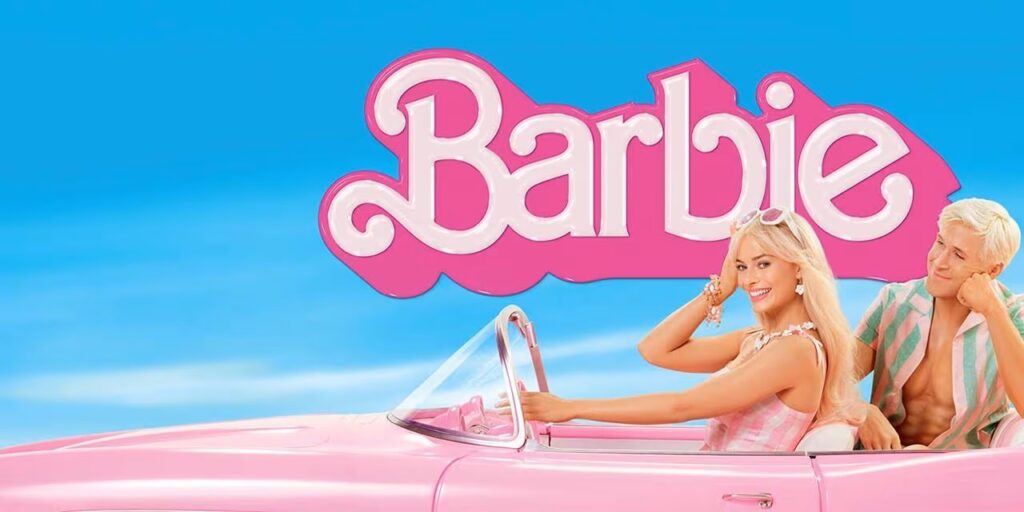Ruminations On Barbie Movie: Why We Are Just Getting Started
Aug 4, 2023 | Shalini Rai
If a film tries to change perceptions around gender roles and popular attitude, it should be welcomed. Finding fault where none exists is like stoking the flames of a forest fire named misogyny and not knowing how to extinguish it before it wreaks large-scale havoc
After watching Barbie and Oppenheimer on the same day, and then reading some people’s reactions to Barbie, I was left perplexed. After all, the whole premise of the movie is based on emancipation of women and I wondered how could someone find fault in that…
Growing up, owning a Barbie dream house was the most aspirational you could be, as a little girl. I remember being fascinated by the tiny orderliness and chic of the Barbie house and the sheer joy of owning a ‘house’ at the age of 7-8. At the time, there were not many Barbie avatars, there was just what in the movie is called the ‘stereotypical’ Barbie.
With beautiful pink clothes and perfect proportions, stereotypical Barbie was the favourite of every little girl I knew, including me. We did not realise that the physicality of Barbie was determined by something called ‘patriarchy’ and that it is something the Barbie movie has tried to address and redress.
How can anyone find fault with that — correcting patriarchal influences on a doll who is the overwhelming favourite of mainly pre-teen girls around the world. As the opening sequence of the film shows, playing with dolls, being ‘mother’ and taking care of their house was once considered comprehensive enough for an entire generation of girls.
The Barbie movie, directed by the brilliant Greta Gerwig, tries to dismantle this social construct and opens up the field to pre-teen girls to be anything they want to be and then some more. From scientist Barbie to president Barbie, you are limited only by your imagination, in thinking up the professions that Barbie can take up in the 21st century.
In the movie, Barbie sets out towards the ‘real world’ and realises how extensive the ‘fabrication’ of the perfect world of Barbie was. Once she realises that patriarchy rules and has ruled for several millennia now, with women and little girls expected to play their roles mutely and meekly, something gives and she is left changed forever.
Meeting ‘weird’ Barbie opens stereotypical Barbie’s eyes for good and life is never the same again for her, unless there is a relationship of equality between her and Ken.
I have found it increasingly-baffling when some critics of the movie have termed it ‘nonsensical’ and ‘not meant for children’. Do these critics realise that by calling into question the premise of the movie, they are contributing to the status quo-ism around dolls, children and gender roles as they exist today?
Despite all the progress we may like to believe we have made, the work towards gender equality, equal pay, respect towards women and eradicating misogyny is still in progress. The equation between male and female have still not reached the equilibrium that the earliest feminists aspired to.
This is true of countries around the world but more so in South Asia and India in particular. We still find cases of female infanticide in India; there are still honour killings in both the hinterland and so-called ‘urban havens’ in our country. There are examples galore of the horrific treatment that some young girls and women of all ages are subjected to in the name of ‘family honour’ and gender conformity.
In such a scenario, if a film tries to change perceptions around gender roles and popular attitude, it should be welcomed. Finding fault where none exists is like stoking the flames of a forest fire named misogyny and not knowing how to extinguish it before it wreaks large-scale havoc.
